The Northern Ireland Troubles in Britain —— Impacts, engagements, legacies and memories
----- 英国的北爱尔兰麻烦
This book, the first of its kind, explores the history and memory of the Northern Ireland conflict as this has impacted upon, and generated engaged responses from, the State, culture and society in Britain. It has four main aims: to investigate the history of responses to, engagements with, and memories of the Northern Irish conflict in Britain; to explore absences and weaknesses or silences in this history; to promote a wider academic and public debate in Britain concerning the significance of this history, and the lessons to be learned from the post-conflict efforts to âdeal with the pastâ in Northern Ireland; and to provoke reflection on the significance of opening up hitherto unexamined histories and memories of the Troubles, and the ways in which ongoing conflicts between competing understandings of the past might be addressed and negotiated. The book consists of twenty-four chapters by authors working on a wide range of related themes from a diverse range of disciplinary perspectives â social, political and cultural history; politics; media, film and cultural studies; law; literature; performing arts; sociology; peace studies â that are more commonly kept separate in discipline-specific debates. Unusually, the book also includes the voices of political activists, writers and artists, as well as individuals personally affected by the Troubles, writing in forms of memoir, testimony, oral history and reflective essay, that enter into dialogue with analytical inquiry. The chapters are organised in four thematic sections. Part One addresses perspectives associated with the British State (by no means an undifferentiated entity), and explores differences and tensions in outlook and understanding articulated across a range of political and military voices, from Prime Ministers to the families of British soldiers. Part Two investigates anti-State activisms and traces a hidden history of organisations and campaigns â from the Troops Out Movement and Sinn Fein Britain to feminist groupings and the Labour Movement â through the voices and analyses of former activists. Part Three explores cultural representations of the Troubles in Britain, in readings of news reportage, imaginative fiction, and film from the conflict era that analyse their textual construction and contestation of meaning, and reflect on the significance of these texts from vantage points within post-conflict culture. Part Four considers a range of questions relating to memory, peace-building and âdealing with the pastâ in Britain, and explores a number of ways in which those affected by the Northern Ireland conflict have worked to transform its painful and divided legacies, whilst reflecting on the difficulties and continuing contestations that are necessarily encountered in any such endeavour.
{{comment.content}}
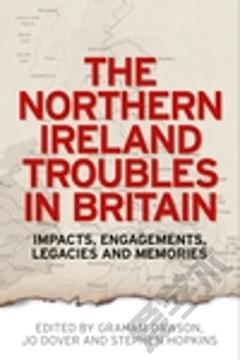
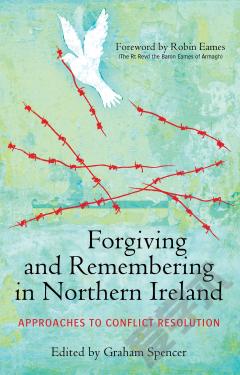
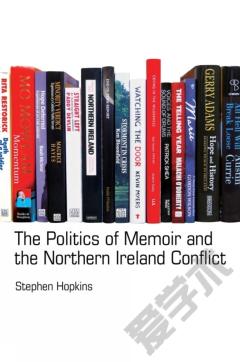
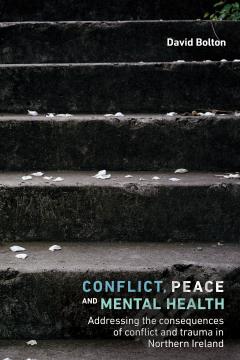

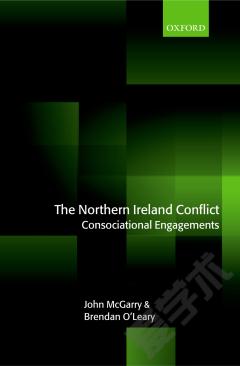
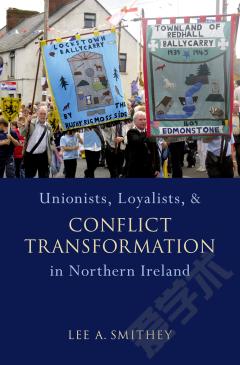

 京公网安备 11010802027623号
京公网安备 11010802027623号